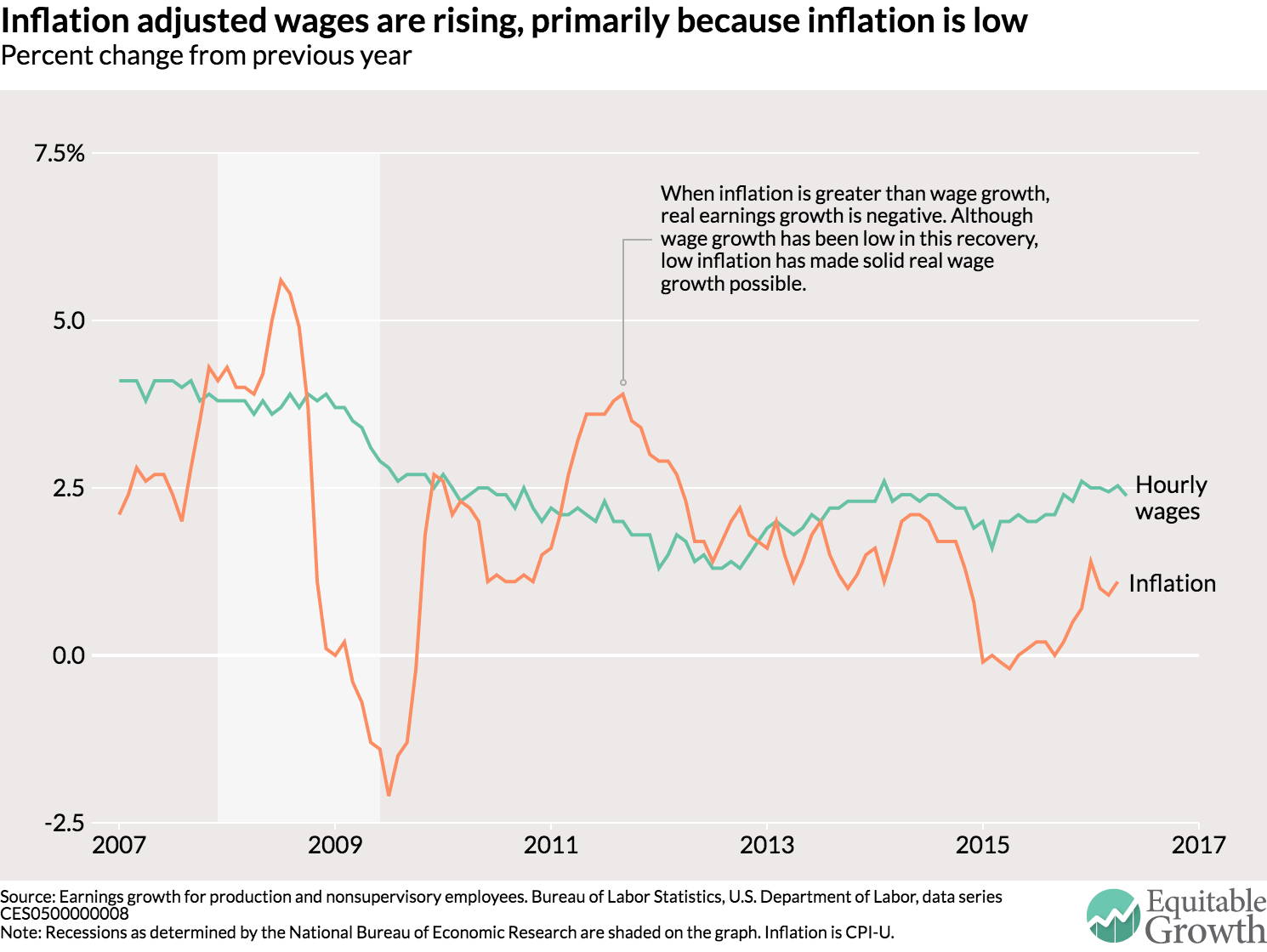Weekend reading: “Last weekend was the long one” edition
This is a weekly post we publish on Fridays with links to articles that touch on economic inequality and growth. The first section is a round-up of what Equitable Growth has published this week and the second is work we’re highlighting from elsewhere. We won’t be the first to share these articles, but we hope by taking a look back at the whole week, we can put them in context.
Equitable Growth round-up
Economic dynamism is on the decline in the United States. Americans are less likely to start businesses, leave jobs and move to new ones. What explains this decline? There may not be one answer for all these trends.
The fourth interview in Equitable Growth’s interview series was published this week. Heather Boushey talks to Harvard University economist Claudia Goldin about the gender wage gap, its evolution, and potential policy solutions.
There’s recently been some push back on the idea that investments in early childhood education and care can help children and the overall economy. Heather Boushey shows that the research supports the importance of early childhood.
People are worried about unicorns—privately-owned start-ups worth more than $1 billion. What could happen if the current bubble in these firms burst? A look at how the wealth distribution matters for the aftermath of bubbles gives us hints.
The May 2016 Employment Situation report was released this morning. There’s quite a bit of data in the report, so Equitable Growth staff highlight five important trends in graph form.
Links from around the web
In a speech about the state of monetary policy, Charles Evans, the president of the Federal Reserve Bank of Chicago, argues that the Federal Reserve shouldn’t raise interest rates until core inflation hits 2 percent. It’s currently growing at a 1.6 percent rate. [chicago fed]
A measure of wage growth developed by staff at the Federal Reserve Bank of Atlanta has gained some popularity recently and it shows higher wage growth than other measures. Elise Gould argues that this measure doesn’t necessarily show a stronger labor market for all workers. [epi]
Rising housing process are usually heralded as a great sign for Americans and the U.S. economy. But rising prices are not an unalloyed good trend. Justin Fox tries to sow a little doubt about the benefits of higher home prices. [bloomberg view]
High corporate profits have started to trigger concerns among economists about the role of diminished competition in the U.S. economy. But perhaps the decline in competition is just a blip and technology will ramp up competition again. That’s the argument from Laura Tyson and James Manyika. [project syndicate]
Would a universal basic income solve poverty? Some authors and analysts have challenged that idea. Matt Yglesias argues that they are wrong. The program would work, but it would be a very expensive program and tough to sell politically. [vox]
Friday figure

Figure from “Equitable Growth’s Jobs Day Graphs: May 2016 Report Edition”
